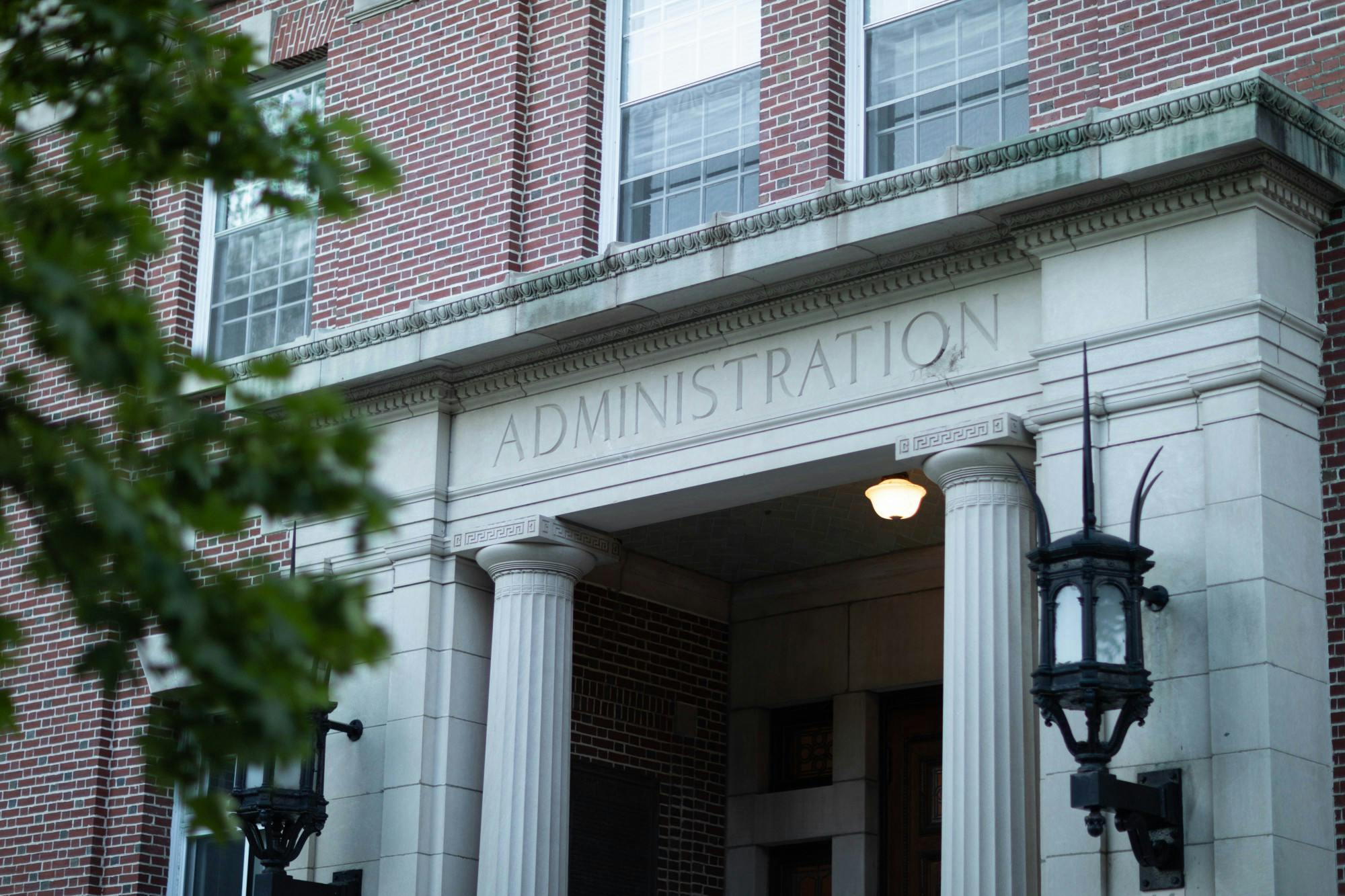Beginning on June 23, the College changed its financial aid policy, replacing federal and institutional loans with scholarships grants for undergraduates. The financial aid policy change was first announced during an alumni reunion event and is part of the College’s Call to Lead campaign.
Specifically, the College’s new financial aid policy will benefit families earning an income more than $125,000 who qualify for need-based financial aid by removing the loan requirement, aimed to affect middle-income earners. Loans taken out prior to the start of the summer term by current students will not be impacted by this change in policy.
Despite not falling under the category of those this new policy will affect, incoming student Lakshmi Jain ’26 said the change was “impressive.”
“I think it’s really cool that the College is moving in this direction,” she said. “It seems like something that will really help Dartmouth students.”
Two donations to the campaign, in particular, propelled the College’s efforts to eliminate student debt – one being a $10 million donation from Anne Kubik ’87 and a separate $25 million donation from an anonymous donor, according to The Call to Lead campaign. In total, 65 families contributed to the campaign’s efforts to eliminate student debt, amounting to over $80 million in donations to the endowment.
Although Jordan Narrol ’25 said he believes the change should have happened earlier, he thinks “this reflects the changing views of education in America” because now many students can place more focus on their education rather than paying back loans working during terms and after graduation.
Dylan Griffith ’25 said he initially felt excited about the announcement, as he comes from a middle-income family who has incurred federal student loans. However, Griffith said that when he reached out to the College’s financial aid office, he learned that this shift does not apply to students who qualify for federal student loans separately from Dartmouth’s financial aid scholarship.
“I’m sure that this is a good move for a lot of students, and it’s indicative of the generosity of our alums, and I’m really appreciative of that,” Griffith said. “But it’s not helping me in a way that I thought it would.”
Upon admittance to Dartmouth, Griffith said he received a Dartmouth general scholarship as well as loans in his financial aid package. The summer before his first term, Griffith added that he was awarded an ROTC scholarship that covers his tuition, replacing his Dartmouth general scholarship.
With the ROTC scholarship, however, Griffith said he still qualifies for federal student loans separately. He explained that because he does not receive the Dartmouth general scholarship, the financial aid office would not qualify him to cancel his federal student loans.
“I think that this is a great first step, but the College should also be readjusting what they consider to be need-based and family contributions in the future to more accurately reflect middle-class families [and] real situations,” Griffith said.
Ian Scott ’24, a member of the Student Worker Collective at Dartmouth (SWCD) organizing committee, described the change in financial aid policy as a “nice gesture” but only “the first step in a long march towards actually making this campus and this region one that properly serves its working-class communities.”




